- Home
-
My Models
-
AV History
- Airline History Blog
-
Airline Development
>
-
Liveries
>
- Aeroméxico Liveries
- Air China Special Liveries
- American Airlines Liveries
- British Airways Liveries
- Continental Airlines Liveries
- Delta Air Lines Liveries
- Eastern Air Lines Liveries
- Landor Liveries
- National Airlines Liveries
- Northeast Airlines Liveries
- Northwest Airlines Liveries
- Pan Am Liveries
- Trans World Airlines Liveries
- United Airlines Liveries
- Western Airlines Liveries
- Airbus A380s >
- Boeing 747 >
- Real Airport Histories >
- Plane Spotting >
- Aviation Stickers >
-
1:400 SCALE
- Collecting 1:400 Scale >
- The History of 1:400 Scale >
-
1:400 Brands
>
- Aeroclassics >
- Airshop Diecast
- AURORA Models
- Aviation400 (2007-2012)
- Big Bird 400 Your Craftsman
- Black Box Models
- Blue Box & Magic Models
- C Models
- Dragon Wings
- El Aviador 400
- Gemini Jets >
- JAL Collection / Jet Hut >
- Jet-X >
- MP4 Models
- NG Models >
- Panda Models >
- Phoenix Models >
- Seattle Models Co (SMA)
- Skyjets400
- Sovereign Models
- TucanoLine
- Witty Wings / Apollo
- Yu ModeLs
- 1:400 Custom Models >
- Production Numbers
- Zinc Rot
-
1:400 Moulds
- The Best Moulds >
- Airbus >
-
Boeing
>
- Boeing B-377 Stratocruiser
- Short Boeing 707s & 720s
- Boeing 707-320/420
- Boeing 717
- Boeing 727-100
- Boeing 727-200
- Boeing 737-100/200
- Boeing 737-300 >
- Boeing 737-400
- Boeing 737-500
- Boeing 737-600
- Boeing 737-700/800/900 >
- Boeing 737 MAX
- Boeing 747-100/200 >
- Boeing 747-400 >
- Boeing 747SP
- Boeing 747-8 Interactive
- Boeing 747LCF Dreamlifter
- Boeing 757-200 >
- Boeing 757-300
- Boeing 767-200
- Boeing 767-300
- Boeing 777-200
- Boeing 777-300
- Boeing 787
- British >
- Douglas >
- Lockheed >
- Other >
- Chinese >
- Soviet >
- Smallest Moulds in 1:400
-
1:400 Reviews
-
Model News
- Model Blog
-
New Mould Samples
>
- Aviation400 >
- JC Wings >
-
NG Models 400 Scale
>
- Airbus A318
- Airbus A319/320 CEO
- Airbus A319/320 NEO
- Airbus A321CEO & NEO
- Airbus A330-200/300
- Airbus A330 Beluga XL
- Airbus A330-800/900
- Airbus A340-200/300
- Airbus A350-900
- Airbus A350-1000
- Boeing 737-600/700/900
- Boeing 737-600 Refresh
- Boeing 737-800
- Boeing 737 MAX-8/MAX-9
- Boeing 737 MAX-7/MAX-10
- Boeing 747-100
- Boeing 747-200
- Boeing 747-400
- Boeing B747SP
- Boeing 747-8I
- Boeing 747-8F
- NG 747s Together
- Boeing 757-300
- Boeing 767-200/300 >
- Boeing 767-400 >
- Boeing 777-200
- Boeing 777-300/300ER
- Boeing 787-8
- Lockheed L-1011 Tristar
- Lockeed Tristar 500
- McDonnell Douglas MD-80
- McDonnell Douglas MD-87
- Tupolev Tu-154
- Tupolev Tu-204/Tu-214/Tu-234
- NG Models 200 Scale >
- Phoenix Models >
- Yu ModeL >
-
1:600 SCALE
- DIORAMAS
Leisure International is of course always associated with Air UK Leisure, however the two airlines were semi-independent of each other, at least at first. Air UK Leisure began operations in 1988 as the charter arm of the UK regional AirUK. It was a joint venture between AirUK (30%), its parent B&C Holdings (30%) and Viking International travel group (40%).
By the early 90s it had grown successfully with a fleet of 737-400s operating European holiday charters. It expanded its operations in April 1993 with a contract with the long-haul tourist operatir Unijet, which involved it flying long-haul charters across the Atlantic to initially Orlando and Montego Bay from Gatwick, Manchester, Glasgow, Belfast and Birmingham.
In order to operate these services Air UK Leisure setup a sister brand (it's a little hard to say whether it was a strict subsidiary) called Leisure International Airways. It appears the two airlines operated effectively separately. A pair of brand new Boeing 767-39HERs were leased from ILFC and delivered on April 1st and 13th respectively. Ad hoc substitution charters soon gave way to the regular Unijet services from May 1st.
Air UK Leisure's 737 continued independently of Leisure International's however by early 1996 the decision was taken to combine the two brands under the Leisure International name. This decision also came at the same time as the 737-400s left the fleet.
Their replacement was a trio of new Airbus A320s making Leisure another UK charter airline that favoured the Airbus product over the 737-400. The 737s never wore the Leisure International colours and the type operated its final flight on May 19, 1996.
Below: Note how the orientation of the Leisure titles meant they were sized differently on each side of the airframe.
The three new CFM powered A320s were leased from GATX and had all seen service previously with Excalibur Airways (see - Camelot: Excalibur Airways). They replaced 7 737s suggesting the short-haul operation was substantially reduced that season.
Meanwhile in June 1996 it was announced that Unijet had decided to takeover the full Leisure International operations by acquiring the 60% stake held by AirUK and its parent. A single A321 was added in July 1997 with a further pair on order for the 98 season.
The airline's fleet grew in early 1998 as the other pair of brand new A321-211s joined, however the last of the three would never operate in the Leisure Int scheme or take up a G-UNIx registration. Instead it gained a G-OOAx reg and was in a Firsct Choice hybrid scheme because Unijet sold itself. The late 90s saw major consolidations within the British travel industry and in June 1998 it was announced that Unijet had been acquired by First Choice Holidays for £110 million.
Two factors were driving the consolidation of operators. Firstly a report from the Monopolies and Mergers Commission didn't force the sale of any existing assets of the major tour operators, giving the green light to further acquisitions. Secondly there was a trend towards more long-haul package holidays to Florida and the Caribbean rather than the short-haul Mediterranean hops.
Although not necessarily reasons for consolidation the larger tour operators had been under-represented in the long-haul sector and so companies like Unijet were seen as necessary for growth in this area.
At the same time as the deal was announced First Choice also acquired another travel company, Hayes & Jarvis, which offered upmarket long-haul trips, and Thomas Cook acquired Flying Colours (and its associated airline). Interest had been shown in Unijet by both Airtours and the US Carlson group, and First Choice itself had bid on Flying Colours. The result of all this was that the UK leisure market was split between four main large operators, each with their own airline.
Obviously the acquisition of its parent spelled the end of Leisure International Airways and it was quickly merged into First Choice's own airline, Air 2000, with the final completion in November 1998. Somewhat ironically Unijet had made profits of £10.2 million in 1997 on sales of £308 million whilst First Choice has lost £17.8 million in the previous 6 months!
From First Choice's perspective they saw synergies by merging the airlines and had strong summer season bookings for 1998 and the following winter season. First Choice said:
"The travel industry was learning that piling on capacity only to be forced into heavy discounting was a recipe for financial disaster."
Obviously they did not foresee the internet driven revolution of low-cost airlines coming. Of the Leisure International fleet only one of the A320s would see service with Air 2000, but the A321s and 767-300s would transfer over. Interestingly Leisure International had also ordered a pair of A330-200s as late as May 1998 but Air 2000 cancelled the order in favour of further 767s.
References
1993. World Airline Fleets News Issue 70. June 1993 1996. May. Leisure puts its A320-200s to work. Flight Global ​1996, June. Unijet to take control of Leisure International. Flight Global ​1998. Leisure International Airways ordered two A330-200s. Aviation Week 1998. Travel giants tighten their grip. The Independent 2000. Hengi, B. Airlines Remembered.
1 Comment
G.J
5/9/2022 07:49:24 pm
Unijet use to buy block amount on seats on a many holiday traffic airlin es within the 80;s and 90s! Examples not mentioned British Airtoursm Caledonian Airways (Formerly British Airtours) Orion,Britannia, Air 2000 ,Airtours Air Europe/a so many more!!!
Reply
Leave a Reply. |
AuthorI'm Richard Stretton: a fan of classic airliners and airlines who enjoys exploring their history through my collection of die-cast airliners. If you enjoy the site please donate whatever you can to help keep it running: Archives
July 2024
Categories
All
|
- Home
-
My Models
-
AV History
- Airline History Blog
-
Airline Development
>
-
Liveries
>
- Aeroméxico Liveries
- Air China Special Liveries
- American Airlines Liveries
- British Airways Liveries
- Continental Airlines Liveries
- Delta Air Lines Liveries
- Eastern Air Lines Liveries
- Landor Liveries
- National Airlines Liveries
- Northeast Airlines Liveries
- Northwest Airlines Liveries
- Pan Am Liveries
- Trans World Airlines Liveries
- United Airlines Liveries
- Western Airlines Liveries
- Airbus A380s >
- Boeing 747 >
- Real Airport Histories >
- Plane Spotting >
- Aviation Stickers >
-
1:400 SCALE
- Collecting 1:400 Scale >
- The History of 1:400 Scale >
-
1:400 Brands
>
- Aeroclassics >
- Airshop Diecast
- AURORA Models
- Aviation400 (2007-2012)
- Big Bird 400 Your Craftsman
- Black Box Models
- Blue Box & Magic Models
- C Models
- Dragon Wings
- El Aviador 400
- Gemini Jets >
- JAL Collection / Jet Hut >
- Jet-X >
- MP4 Models
- NG Models >
- Panda Models >
- Phoenix Models >
- Seattle Models Co (SMA)
- Skyjets400
- Sovereign Models
- TucanoLine
- Witty Wings / Apollo
- Yu ModeLs
- 1:400 Custom Models >
- Production Numbers
- Zinc Rot
-
1:400 Moulds
- The Best Moulds >
- Airbus >
-
Boeing
>
- Boeing B-377 Stratocruiser
- Short Boeing 707s & 720s
- Boeing 707-320/420
- Boeing 717
- Boeing 727-100
- Boeing 727-200
- Boeing 737-100/200
- Boeing 737-300 >
- Boeing 737-400
- Boeing 737-500
- Boeing 737-600
- Boeing 737-700/800/900 >
- Boeing 737 MAX
- Boeing 747-100/200 >
- Boeing 747-400 >
- Boeing 747SP
- Boeing 747-8 Interactive
- Boeing 747LCF Dreamlifter
- Boeing 757-200 >
- Boeing 757-300
- Boeing 767-200
- Boeing 767-300
- Boeing 777-200
- Boeing 777-300
- Boeing 787
- British >
- Douglas >
- Lockheed >
- Other >
- Chinese >
- Soviet >
- Smallest Moulds in 1:400
-
1:400 Reviews
-
Model News
- Model Blog
-
New Mould Samples
>
- Aviation400 >
- JC Wings >
-
NG Models 400 Scale
>
- Airbus A318
- Airbus A319/320 CEO
- Airbus A319/320 NEO
- Airbus A321CEO & NEO
- Airbus A330-200/300
- Airbus A330 Beluga XL
- Airbus A330-800/900
- Airbus A340-200/300
- Airbus A350-900
- Airbus A350-1000
- Boeing 737-600/700/900
- Boeing 737-600 Refresh
- Boeing 737-800
- Boeing 737 MAX-8/MAX-9
- Boeing 737 MAX-7/MAX-10
- Boeing 747-100
- Boeing 747-200
- Boeing 747-400
- Boeing B747SP
- Boeing 747-8I
- Boeing 747-8F
- NG 747s Together
- Boeing 757-300
- Boeing 767-200/300 >
- Boeing 767-400 >
- Boeing 777-200
- Boeing 777-300/300ER
- Boeing 787-8
- Lockheed L-1011 Tristar
- Lockeed Tristar 500
- McDonnell Douglas MD-80
- McDonnell Douglas MD-87
- Tupolev Tu-154
- Tupolev Tu-204/Tu-214/Tu-234
- NG Models 200 Scale >
- Phoenix Models >
- Yu ModeL >
-
1:600 SCALE
- DIORAMAS

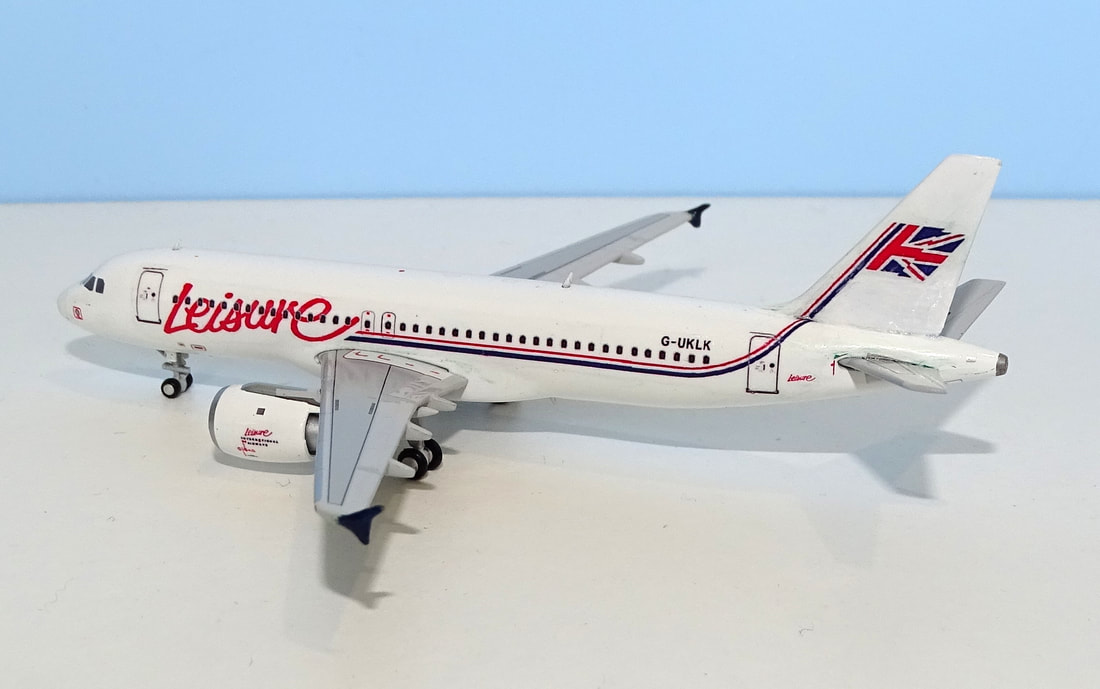
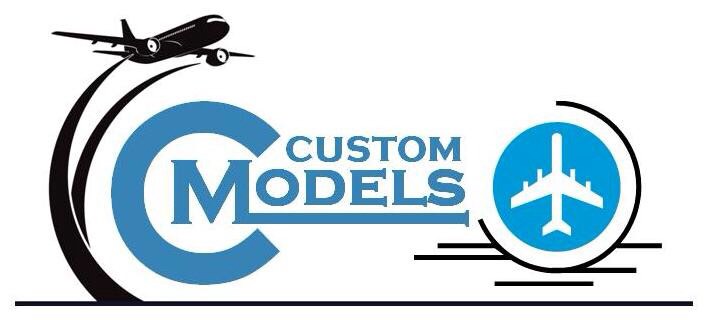
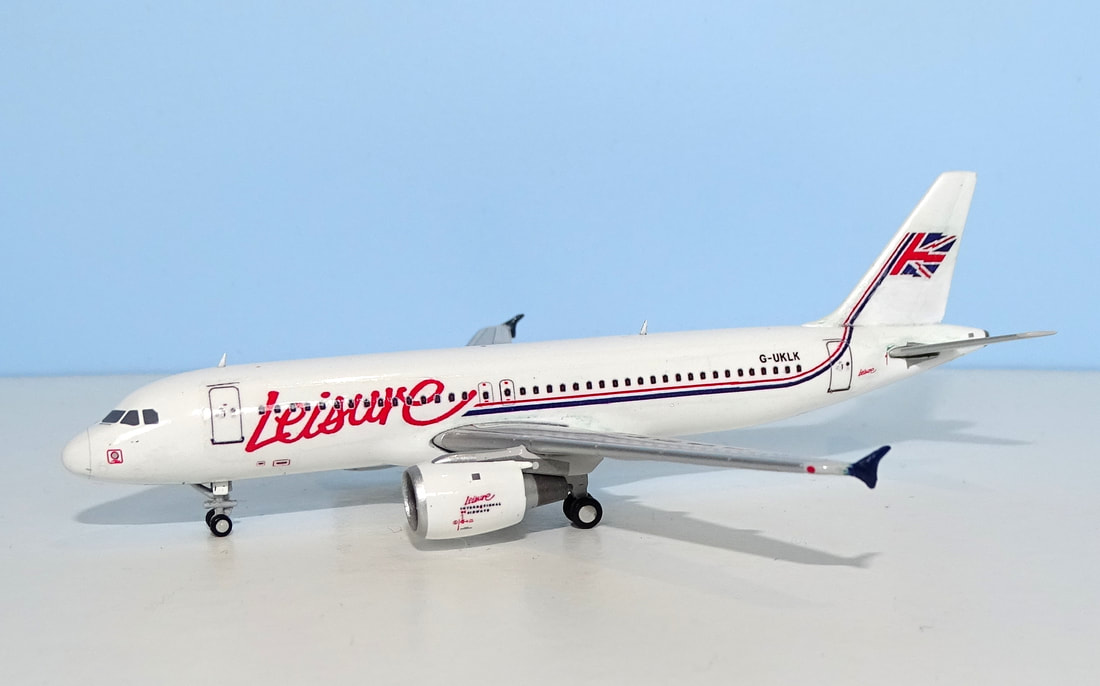
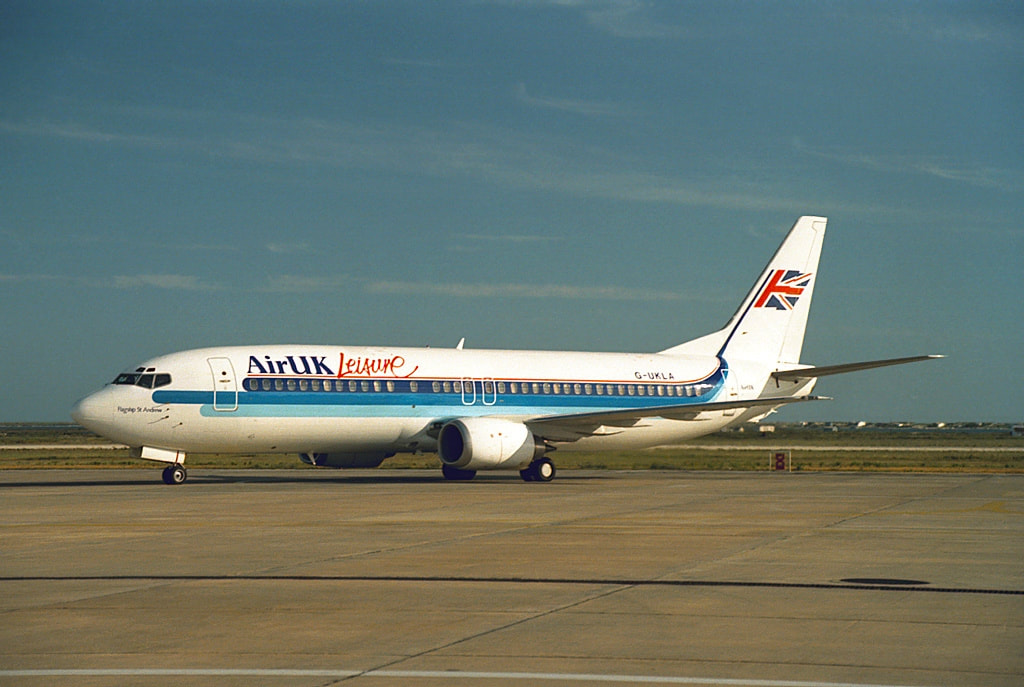



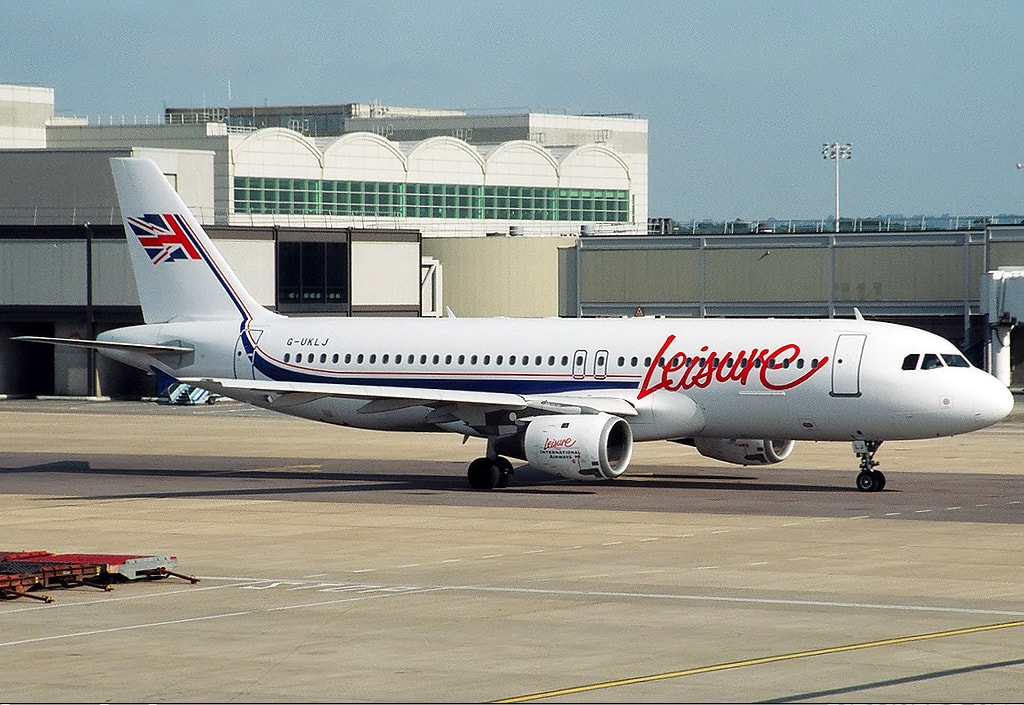
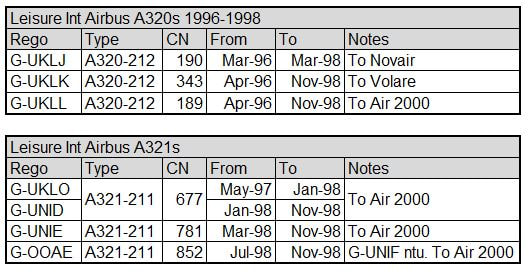
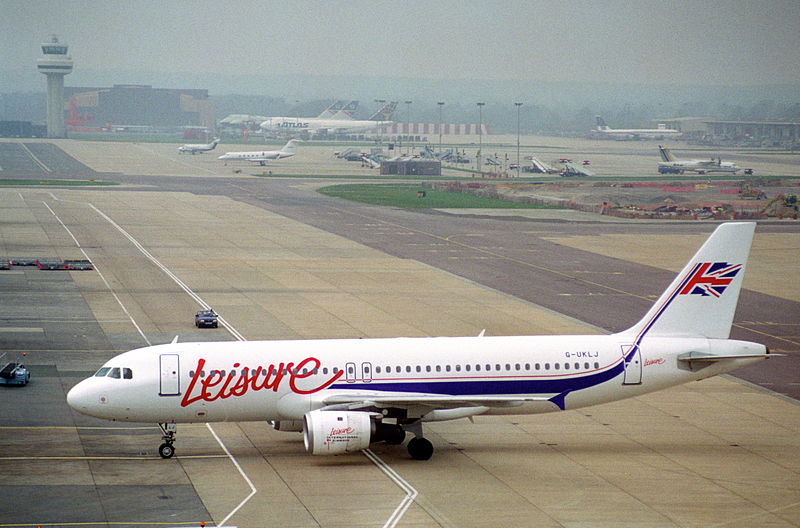
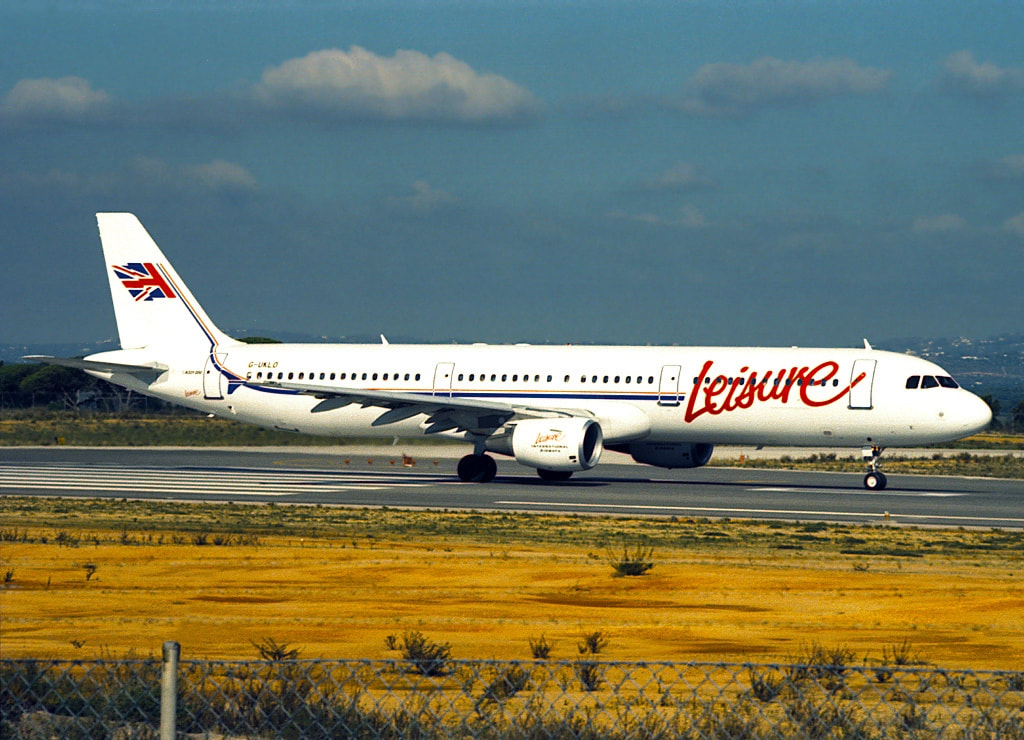
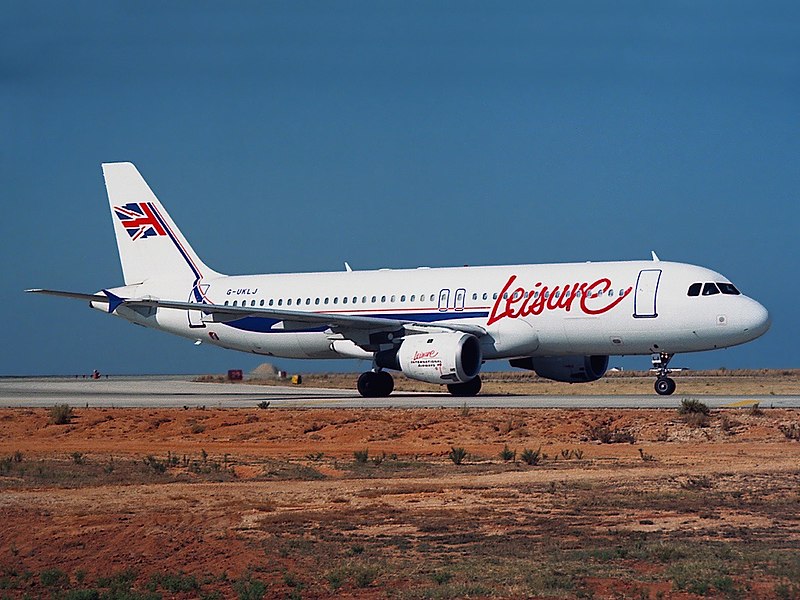
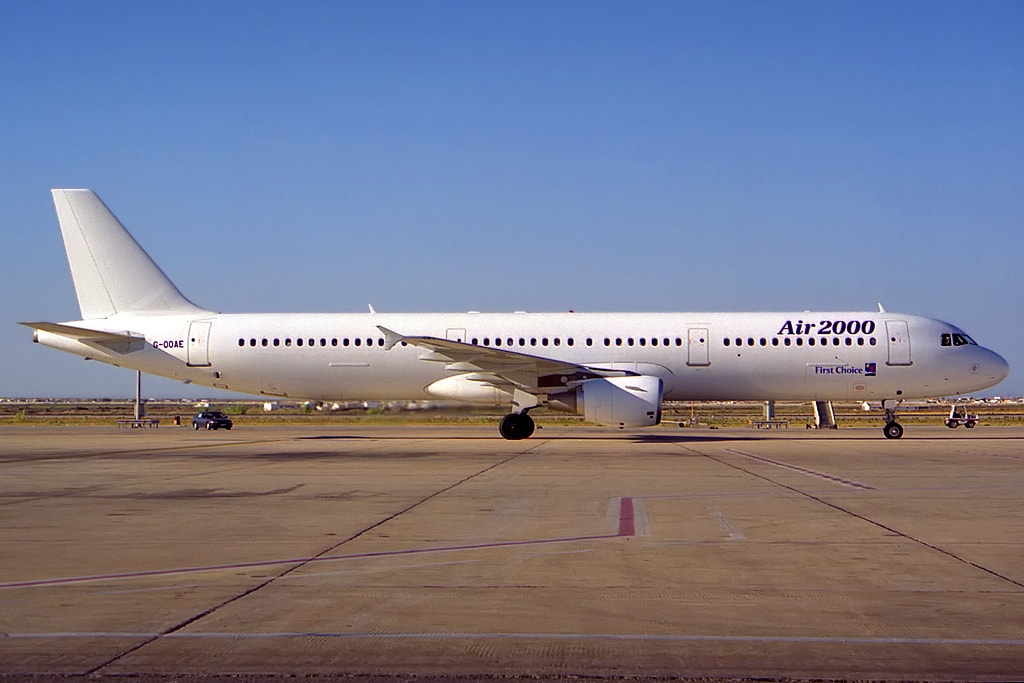
 RSS Feed
RSS Feed